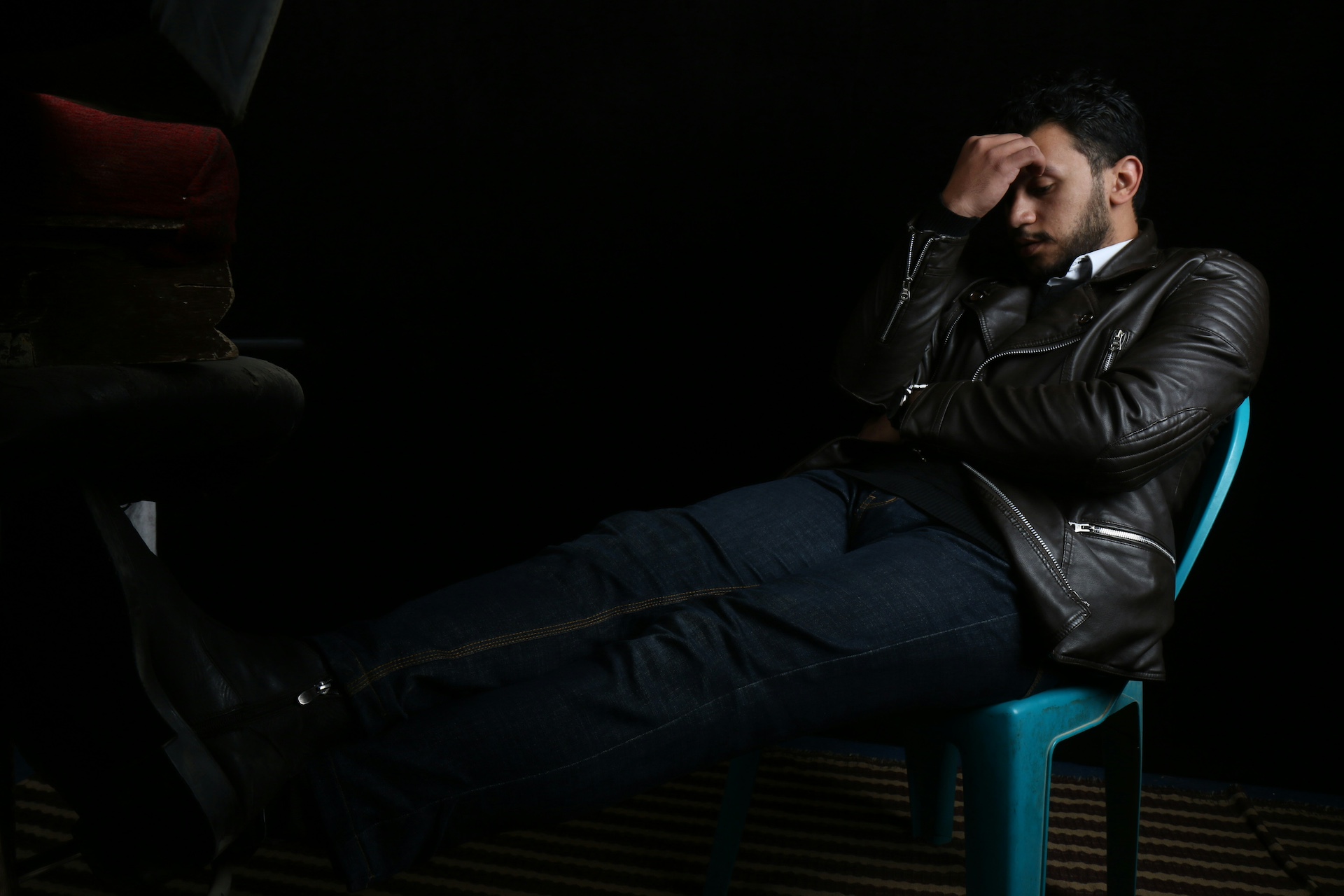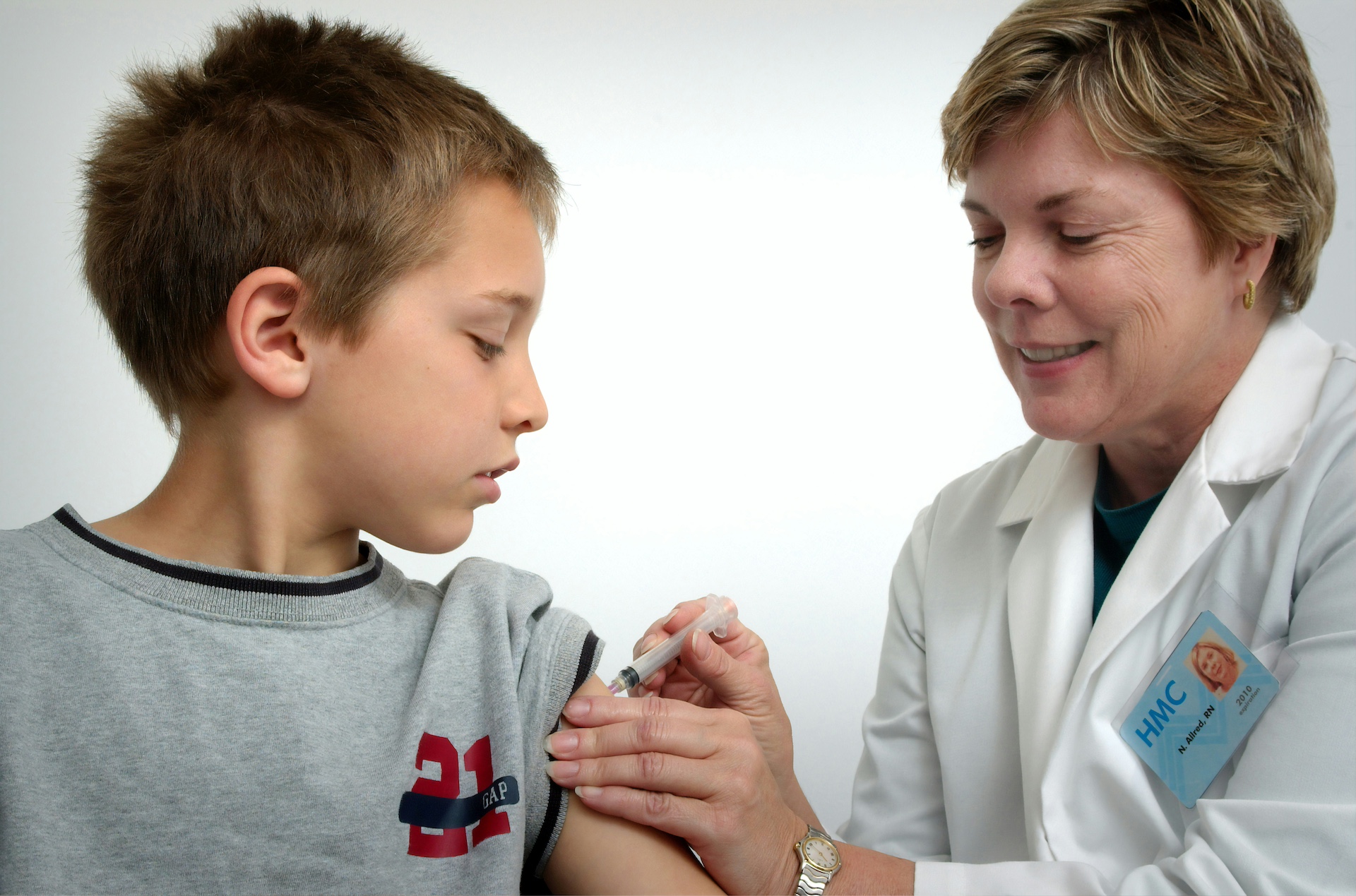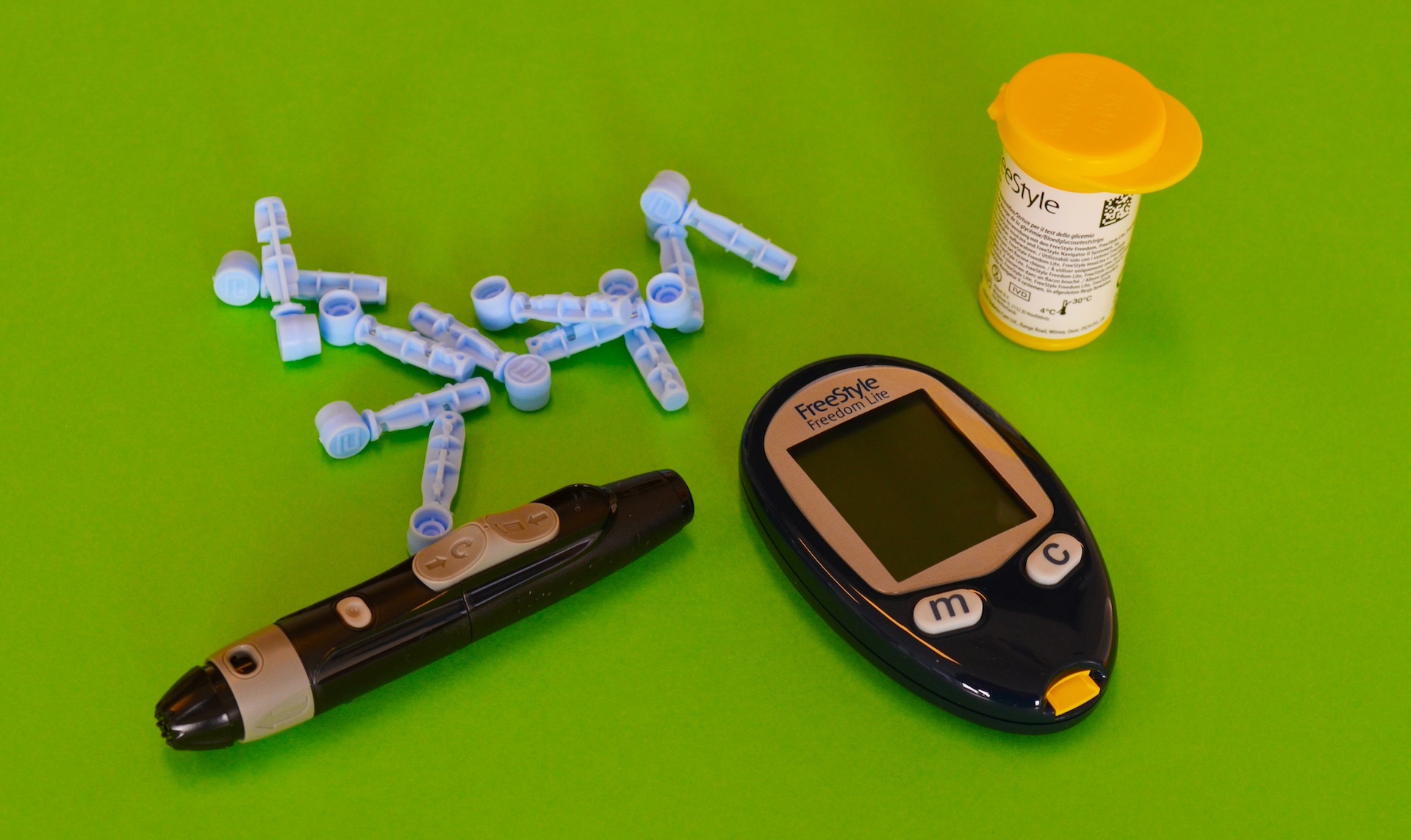Can Fissure Be Cured Without Surgery?
Can Fissure Be Cured Without Surgery?
If you’re experiencing the discomfort and frustration of an anal fissure, you’re not alone—and you do not necessarily require surgery. The encouraging news is that most anal fissures heal with conservative treatments, especially when managed early and appropriately. At Chellaram Diabetes & Multispecialty Hospital Pune , I have helped many patients find effective relief from fissures through evidence-based, non-surgical approaches. With professional support, dedication, and a little patience, you can often achieve complete healing.
In this comprehensive guide, I will explain what an anal fissure is, how it develops, treatment options available, and how you can take practical steps to support healing—often without the need for surgery.
What Is an Anal Fissure?
An anal fissure is a small tear or cut in the thin lining of the anal canal. This common condition can lead to significant pain and discomfort, particularly during or after bowel movements.
There are two main types of fissures:
- Acute fissures: These are new tears, typically less than six weeks old. They are usually caused by passing hard or large stools and can often heal with simple treatment.
- Chronic fissures: If a fissure persists beyond six weeks, it is considered chronic and may require a more targeted therapy plan.
Most fissures appear in the posterior midline (the back wall) of the anal opening. Diagnosis is typically straightforward and is based on a clear description of your symptoms and a careful examination.
Symptoms You Shouldn’t Ignore
Anal fissures can cause a range of symptoms, including:
- Sharp pain: Especially during and after bowel movements.
- Visible bleeding: Noticed as bright red blood on the stool or toilet paper.
- Itching or burning: Ongoing irritation or a burning sensation around the anus.
- Spasm or tightness: Difficulty relaxing the anal muscles.
If any of these symptoms are affecting you, prompt professional evaluation can make a significant difference. Early intervention prevents chronicity and complications.
Common Causes and Risk Factors
Anal fissures most often result from injury or irritation to the delicate lining of the anus. Common risk factors and causes include:
- Passing hard or bulky stools due to constipation.
- Straining during bowel movements.
- Prolonged diarrhoea, causing repeated irritation.
- Eating a diet low in fibre.
- Pregnancy and childbirth, increasing pressure in the anal region.
- Chronic inflammatory conditions like Crohn’s disease.
Awareness of these risk factors can help you take steps to prevent fissures or recognize them early.
How Are Anal Fissures Diagnosed?
Healthcare professionals can usually diagnose an anal fissure by listening to your symptoms and performing a gentle visual inspection of the anal area. In some cases, an anoscopy (a small instrument used for viewing the anal canal) may be needed, especially to rule out other conditions like haemorrhoids, infections, or inflammatory bowel disease.
Can Fissures Heal Without Surgery?
Absolutely! The majority of anal fissures—especially new (acute) ones—respond very well to non-surgical treatment. Even chronic fissures can often be managed with lifestyle modifications, topical medications, and patient adherence. At Chellaram Diabetes & Multispecialty Hospital Pune, our experience and research show that early recognition and consistent care yield the best results for our patients, often avoiding the need for surgery.
Non-Surgical Treatment Options
1. Lifestyle and Home Remedies
Simple lifestyle adjustments are often the cornerstone of fissure healing:
- Increase dietary fibre: Eat more fruits, vegetables, and whole grains. Dietary fibre softens the stool and makes bowel movements easier and less traumatic.
- Stay well-hydrated: Drink at least 8–10 glasses of water each day to prevent dehydration and stool hardening.
- Avoid straining: Use a footstool or a “squatty potty” to bring your knees above your hips, which can make bowel movements more comfortable.
- Gently cleanse: Rinse the area with water after bowel movements. Avoid rough toilet paper or harsh soaps, which can further irritate the skin.
2. Medications
Medications can be an excellent first line of therapy, especially for chronic or stubborn fissures:
- Stool softeners: These medications make stool softer and less painful to pass.
- Topical anaesthetics: Creams like lidocaine can numb the area and ease discomfort.
- Nitrate or calcium channel blocker ointments: These increase blood flow to the area and relax the anal sphincter, facilitating healing.
- Botulinum toxin (Botox): If sphincter spasm prevents healing, an injection can temporarily relax the muscle and promote recovery.
3. Sitz Baths
Soaking in a warm sitz bath for 10–15 minutes, two to three times daily, can provide pain relief, relax muscles, and improve healing.
When Is Surgery Needed?
Surgery is considered only when fissures do not improve after six to eight weeks of diligent non-surgical management or when pain is severe and persistent. The preferred surgical technique is lateral internal sphincterotomy, a minimally invasive procedure shown to have high success rates and low complication risk when performed by experienced specialists.
How to Prevent Anal Fissures
Preventing fissures is possible with healthy lifestyle habits:
- Eat a high-fibre diet with abundant fruits, vegetables, and whole grains.
- Maintain adequate hydration (aim for at least 2 litres of water per day).
- Exercise regularly to support healthy digestion and regular bowel habits.
- Avoid prolonged sitting on the toilet and never ignore the urge to pass stool.
- Address constipation or diarrhoea as soon as possible to avoid triggering fissures.
Supporting You Every Step of the Way
Anal fissures can be distressing and painful, but with compassionate care and expert guidance, most patients recover fully—often without surgery. At Chellaram Diabetes & Multispecialty Hospital Pune, I have witnessed hundreds of patients regain their comfort and quality of life by implementing small, sustainable lifestyle changes and closely following treatment recommendations. Remember, successful healing takes time and commitment, but you don’t have to do it alone.
If you are struggling with ongoing pain, bleeding, or discomfort, please don’t delay seeking help. Early and professional intervention offers the greatest chance of a full recovery and reduces the risk of chronic problems.
Frequently Asked Questions (FAQs)
What types of lifestyle changes can help improve symptoms?
Simple adjustments such as a high-fibre diet, staying hydrated, regular exercise, and stress management can significantly support healing and improve symptoms.
How do I know when my condition requires medical attention?
Persistent pain, excessive bleeding, or symptoms worsening despite home remedies are key signs to consult a healthcare professional promptly.
Are there any activities I should avoid during the recovery process?
Avoid heavy lifting, prolonged sitting, or strenuous activities that may worsen discomfort or delay healing.
Can over-the-counter medications provide relief?
Yes, mild painkillers or topical treatments can help, but it’s important to check with your doctor to ensure they are suitable for your condition.
How long does it usually take to see improvement?
Recovery times vary, but with proper care and adherence to treatment, most people notice significant improvements within a few weeks to a couple of months.
Take the Next Step Toward Healing
Anal fissures are highly treatable, and surgery is rarely required when you act early and follow medical advice. You deserve relief and a return to comfort. Book your appointment with our specialist team at Chellaram Diabetes & Multispecialty Hospital Pune today—or reach out to schedule a confidential consultation. Our expert team is here to guide you toward complete recovery and lasting well-being.
Schedule your consultation or learn more about your treatment options now. Your journey to healing starts here.
Related Blogs
Expertise you can trust: Meet our esteemed doctors who bring exceptional knowledge, compassion, and innovation to provide top-notch care for your health and well-being.










